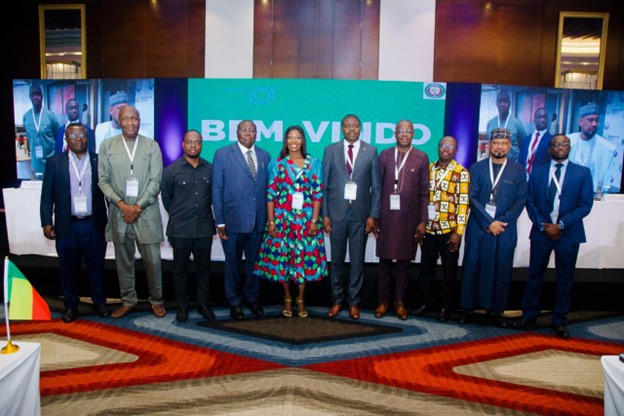By Juliet ETEFE
Energy leaders at the ninth ECOWAS Regional Electricity Regulatory Forum have underscored the need for policy harmonisation and infrastructure investment for electricity trade security in the region.
The experts hold that lack of robust and interconnected infrastructure is a critical barrier to electricity trade, noting that existing gaps, particularly in transmission and distribution networks, limit the potential for a seamless electricity market.
As such, investment includes upgrading existing infrastructure and developing new projects to support the growing demand for electricity.
A consensus was also reached on the need for harmonising national policies to create a cohesive regulatory environment that supports electricity trade, as inconsistency in policies hinder cross-border trade and investment.
They made the call, realising that discrepancies in regulatory frameworks, infrastructure standards and market operations were primary obstacles in the space.
The forum, held in Accra under the theme ‘Electricity Trade Security in the ECOWAS Region: The Interplay Between National Policies and Free Market Principles’, had key recommendations from experts toward enhancing electricity trade security in the region.
Strengthening regional institutions, such as the System Market Operator of the Regional Electricity Market and ERERA, was also highlighted as essential. The forum recommended enhancing these institutions’ capacities to oversee and coordinate electricity trade activities effectively. Also, it was stressed that enforcing compliance and resolve disputes is critical for ensuring a stable and reliable electricity market.
The forum also underscored the importance of a phased approach to market liberalisation, ensuring that necessary regulatory and institutional frameworks are in place before fully opening markets.
This gradual implementation, the executive summary of the forum states, is intended to avoid market disruptions and ensure stability.
It added the need to enhance energy security through regional strategies, including the diversification of energy sources and establishment of strategic reserves.
To attract investment, the development of financial instruments and incentives, such as opportunities for blended finance and leveraging both public and private sector funding, was encouraged.
Capacity-building programmes, increased public awareness and engagement were also recommended to equip stakeholders with the skills needed for a liberalised market and to build public support for electricity market integration and liberalisation.
In his closing remarks, the Chairman of ERERA, Kocou Rodrigue Laurent Tossou, expressed his great satisfaction with the forum’s accomplishments, emphasising the need for continuous co-operation and the harmonisation of regulatory frameworks to balance national sovereignty with the principles of free trade in the regional electricity market.
He highlighted ERERA’s commitment to developing skills adaptable to the dynamic electricity sector, mentioning the establishment of a centre for research, development and excellence in electricity, supported by the French Development Agency.
Mr. Tossou also stressed the importance of financial independence for the region’s electricity market and the need for transparent communication regarding transmission pricing and payment guarantees.
ECOWAS Commissioner for Infrastructures, Energy, Mines, Water Resources, Digitalisation and Postal Services, Mr. Sédiko Douka, in an address, praised Ghana’s significant strides in energy development, highlighting its status as an energy exporter with a high access rate compared to other African countries.
He also acknowledged the constant support of technical and financial partners in ensuring the smooth operation of ERERA and the regional electricity market.
He emphasised the adoption of new energy policies and a regional electricity code, aimed at strengthening regional regulation and ensuring ERERA’s operational autonomy.
Commissioner Douka concluded by expressing gratitude to ERERA and all contributors to the development of the regional electricity market, calling for continued partnership and dialogue to realise a harmonised energy policy and a prosperous West Africa.










